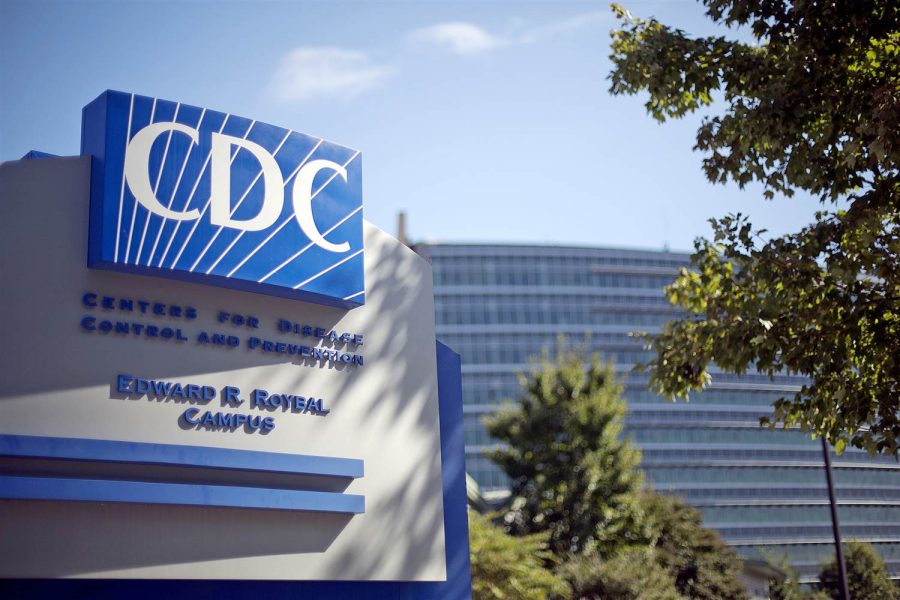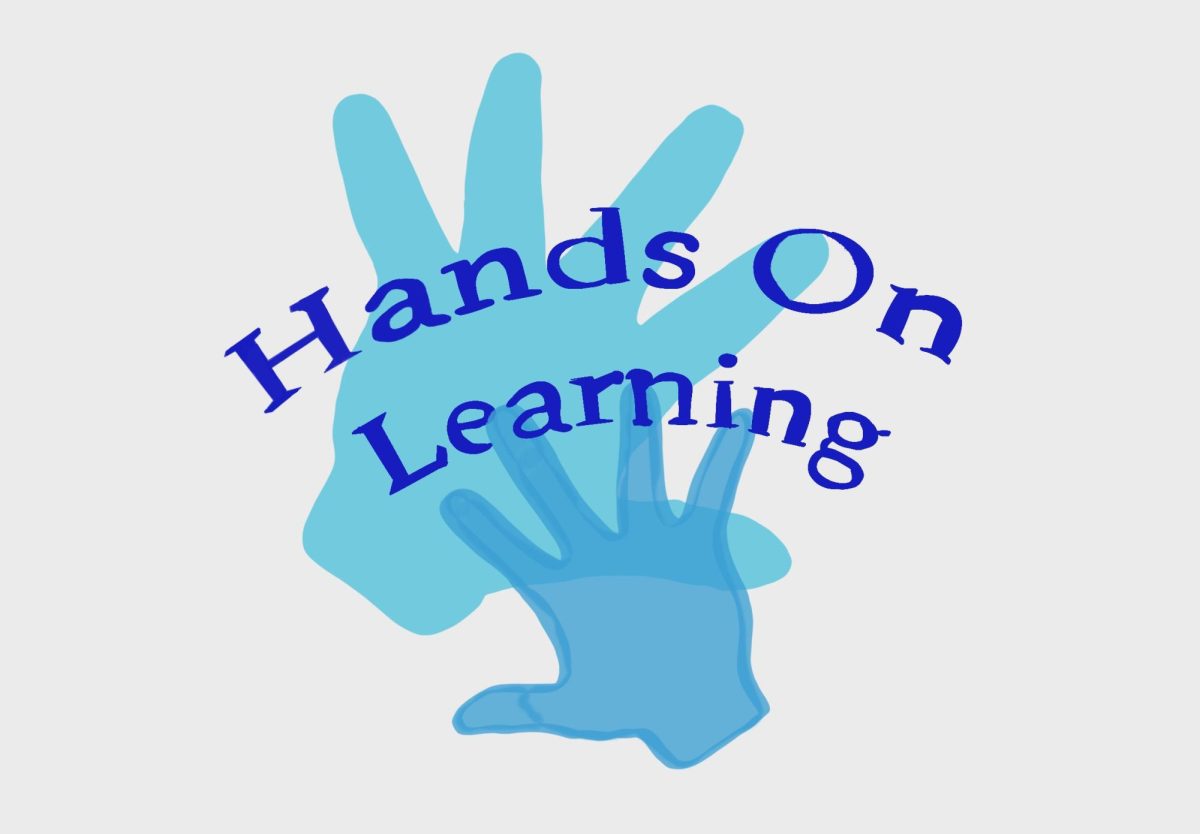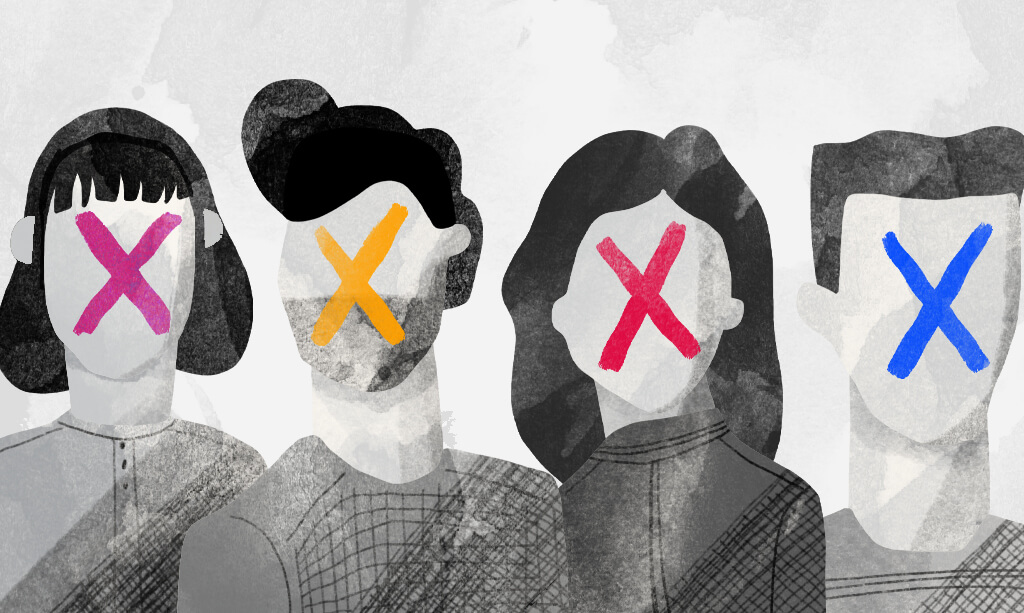Vulnerable, entitlement, diversity, transgender, fetus, evidence-based, science-based—all of these omnipresent words were recently instructed by the Trump Administration not to be used by the U.S. Center of Disease Control (CDC) in any future budgetary documents. This act is one of censorship. Therefore, we must correct such mishaps before they have increasing regularity.
As the news pertaining to the shocking recommendation broke, opposition reached a climax, suggesting that the ban prevents the ability to adequately communicate with the public. In opposition to the newly censored words, The Human Rights Campaign protested in front of the Trump International Hotel on Dec. 19, holding up a sign that read “we will not be erased.”
CDC Director Brenda Fitzgerald denied the alleged accusations and said, “There are no banned, prohibited or forbidden words at the CDC—period.”
Additionally, an agency spokesman, Matt Lloyd, said, “H.H.S. will continue to use the best scientific evidence available to improve the health of all Americans. H.H.S. also strongly encourages the use of outcome and evidence data in program evaluations and budget decisions.”
Whether or not the Trump Administration proposed the supposed ban to members of the CDC, the fact that he would even go as far as to suggest words are to be omitted from conversation should raise concerns in the minds of citizens who rely on the corporation for useful information.
CNN recently obtained a document and interview with two officials from the Department of Health and Human Services. The CDC debunked the popular belief that a ban does, in fact, exist, but instead the Trump administration laid forth proposals that will hopefully raise chances of receiving funding in the future (CNN).
“Banned” is a rather extreme term, but even if the words were not specifically banned, the opposition argues that the recommendation has a motive of underlying censorship in order to further one specific ideology. By definition, censorship is “the suppression or prohibition of any parts of books, films, news, etc. that are considered obscene, politically unacceptable, or a threat to security.” Essentially, the CDC is prohibiting communication through news due to their credence that the words are supposedly unacceptable. Consequently, the organization should lose a significant amount of credibility as a result of not being able to research such topics.
Moreover, the CDC makes it seemingly evident that they rebuff discussing underlying ideas associated with the now-banned words. For example, a fetus can correlate to abortion, and many opposers to the idea prefer the term “unborn child.” Additionally, terminating the use of diversity can be construed as a push towards white nationalism, and denying the discussion of transgender individuals poses a threat to this community who already have a difficult time accessing health care. Despite whether or not the CDC ban demonstrates disapproval for such ideas, the censorship presents peril for the future.
Banning the word vulnerable harms those who are uninsured or in poverty. Refraining from proper terms that correlate with abortion will not make this practice disappear. Being oblivious to the presence of transgender individuals sets up a dangerous precedent. Ignoring serious issues that are shaping our society will not fix any problems in front of us, but instead will only delay them and make them worse.
But Trump’s proclivity to ignore serious issues is nothing new. He has recently ignored climate change, along with other pressing topics that are not compatible with his own views. The CDC’s general practice could be slightly altered due to the Trump Administration’s suggestion, but only the future can determine such predictions.
Freedom is the power to act and speak as one wishes. With censorship, however, we are not guaranteed the right to think properly, and we are not guaranteed the right speak freely. If we eliminate these acts that suggest imminent danger the future, we can guarantee ourselves a step closer to true freedom.
















